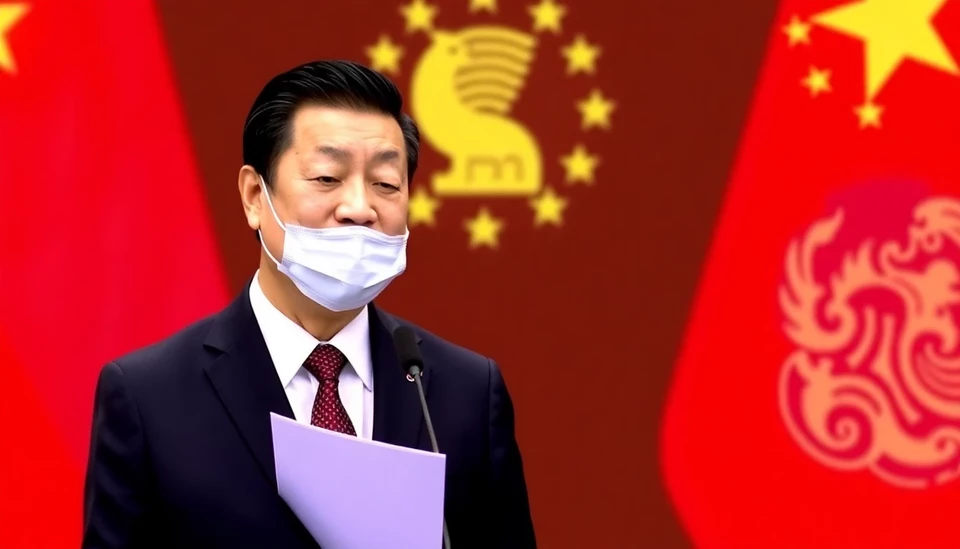
In a bold statement that underscores China's strategic economic pivot, the Chinese Vice Premier announced intentions to ramp up imports significantly. This initiative comes in the wake of ongoing trade tensions with the United States, where Beijing has been navigating complex tariff structures designed to restrict its access to American goods. The Vice Premier's remarks suggest a more robust approach to circumventing these tariffs, showcasing China’s adaptability in maintaining its economic growth trajectory.
The recent announcement is part of a larger plan by Chinese authorities to stimulate domestic consumption and reduce reliance on exports, particularly in light of the United States' stiff tariff measures imposed during the trade war. By increasing imports, China aims to diversify its supply chains and lessen the burden of tariffs on U.S. goods. This adjustment reflects an overarching strategy to balance its foreign trade and promote economic resilience.
Details of the import strategy reveal a focus on a variety of sectors, including technology, agriculture, and energy. The Vice Premier indicated that this push will not only facilitate better access to foreign products but will also encourage domestic industries to innovate and enhance competitiveness. This dual approach aims to foster a thriving economy capable of weathering external pressures.
Importantly, this shift aligns with China’s broader objectives of self-sufficiency and technological advancement, heavily emphasized in their recent Five-Year Plan. The Vice Premier's commitment revolves around building partnerships with other nations, thereby reinforcing global trade ties and mitigating the adverse effects of escalating tensions with the U.S.
The implications of this strategy are manifold. Economically, increased imports could lead to a more balanced trade relationship. Politically, it could ease some of the friction with the U.S. by demonstrating China’s willingness to engage in cooperative trade practices. Analysts suggest that this could be a pivotal moment for China as it recalibrates its economic policies in the face of global trade complexities.
However, challenges remain. The political landscape is fraught with uncertainties, particularly with regards to the ongoing diplomatic rifts. Therefore, while the pledge to enhance imports signals a proactive approach, its success will ultimately depend on the broader geopolitical context and the willingness of international partners to engage with China amidst fluctuating trade dynamics.
As China embarks on this new phase of its import strategy, many will be watching closely to see how it unfolds and what impact it will have on the global economy at large.
By making these commitments, the Chinese government is not only addressing immediate economic concerns but also signaling its long-term vision for sustained growth and stability in an increasingly interconnected world.
In conclusion, the Vice Premier's pledge for increased imports amidst tariff evasion efforts encapsulates China's determination to strengthen its economy while navigating the challenging waters of global trade. The forthcoming months will reveal the effectiveness of this approach and its repercussions for both China and its trade partners, particularly the United States.
#China #VicePremier #Imports #TradeWar #USTariffs #EconomicStrategy #GlobalTrade #ChinaEconomy #MarketTrends
Author: Laura Mitchell




